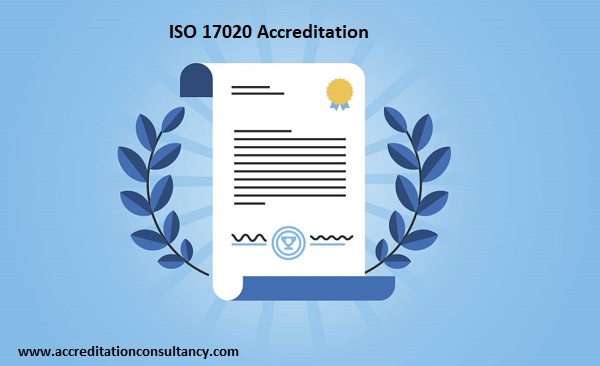ISO 17020 Accreditation: A Prerequisite for Competence and Confidence in Inspection
Competence and confidence are essential in the field of inspection services. Inspections are used by businesses, organizations, and consumers to assure safety, quality, and regulatory compliance. Inspection bodies seek ISO 17020 accreditation, a prestigious and globally recognized standard, to achieve these objectives. In this article, we will look at the significance of ISO 17020 accreditation and why it is seen as a requirement for competence and confidence in the inspection area.
What is ISO 17020 Accreditation?
ISO 17020 is an international standard that establishes standards for inspection bodies' competence and impartiality. It establishes a framework for organizations to establish their credibility and dependability when conducting inspections. This accreditation covers a wide range of inspection tasks, such as product testing, quality control, and compliance evaluation.
Competence and Its Importance
Inspection service competence is non-negotiable. ISO 17020 accreditation assures that an inspection body has the technical expertise, experienced employees, and appropriate equipment to conduct accurate and dependable inspections. This knowledge includes comprehending the standards, laws, and norms that apply to the industry in which the inspections are performed.
ISO 17020 requires inspection bodies to demonstrate their capabilities through documented procedures and staff training. This accreditation ensures that inspections are not only conducted proficiently but also consistently, irrespective of who is performing them.
Impartiality Promotes Confidence
Another important feature of ISO 17020 accreditation is impartiality. Inspection bodies must be devoid of any conflicts of interest or biases that might compromise the integrity of their inspections. This impartiality fosters trust among clients and stakeholders by assuring them that the inspection results are unbiased and credible.
Confidence is not just about the correctness of the examination, but also about how it is perceived. ISO 17020 accreditation acts as an independent confirmation of an inspection body's competence to conduct objective and unbiased assessments. Clients and regulatory bodies can be certain that the inspection findings are based on sound judgment and are not influenced by outside circumstances.
Improved Credibility and Market Access
ISO 17020 certification improves a certification body's reputation in the eyes of both clients and regulators. Accredited entities are known for their dedication to quality and competence. Because clients frequently prefer or require services from recognized inspection agencies, this certification can open doors to new prospects and markets.
Furthermore, accreditation to ISO 17020 is frequently a legislative necessity in specific businesses. Inspection bodies may not be legally permitted to do specified inspections without it. Compliance with ISO 17020 guarantees that inspection bodies meet all legal and regulatory requirements.
ISO 17020 accreditation is a powerful tool for inspection bodies to demonstrate their competence, impartiality, and commitment to quality. It instils confidence in clients, stakeholders, and regulatory authorities, which is essential in an industry where are reliability of inspection results can have far-reaching consequences. In a world where safety, quality, and compliance are paramount, ISO 17020 serves as a prerequisite for competence and confidence in the field of inspection. Inspection bodies that pursue this accreditation are not only elevating their standards but also contributing to the overall assurance of product and service quality.


No comments yet